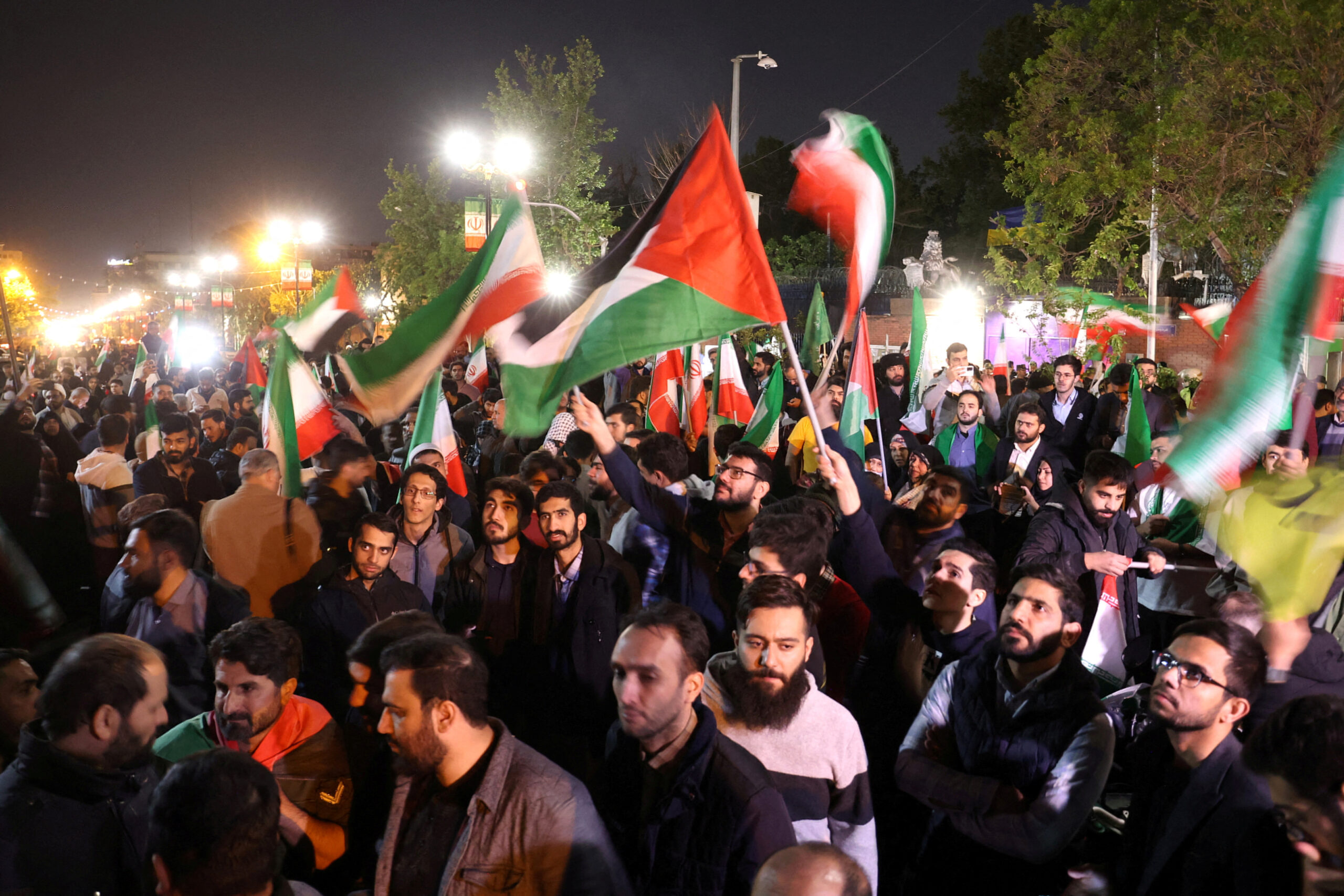The Iran–Israel proxy conflict, also known as the Iran–Israel proxy war or Iran–Israel Cold War, is an ongoing proxy conflict between Iran and Israel. The conflict has its roots in the 1979 Iranian Revolution, which saw the overthrow of the pro-Western Pahlavi dynasty and the establishment of an Islamic republic under the leadership of Ayatollah Ruhollah Khomeini.
Khomeini was critical of Israel before he became Iran’s Supreme Leader in 1979, viewing Israel as a supporter of the Pahlavi regime. Following the revolution, Iran adopted a policy of hostility towards Israel, withdrawing recognition of Israel as a state and severing all diplomatic, commercial, and other ties with Israel.Despite the tension between the two countries, Israel provided support to Iran during the Iran–Iraq War from 1980 to 1988, with Israel being one of the main suppliers of military equipment to Iran and also providing military instructors.
Israel also gave direct support to Iran’s war effort when it bombed and destroyed Iraq’s Osirak nuclear reactor in Operation Opera in 1981, which was considered a central component of Iraq’s nuclear weapons program.The conflict has continued in various forms since then, with Iran supporting Palestinian militant groups such as Hamas and Islamic Jihad, while Israel accuses Iran of harboring genocidal intentions towards Israel and seeks to prevent Iran from acquiring nuclear weapons. The conflict has also spilled over into other countries in the region, with Iranian-backed forces and Israeli-backed forces clashing in Syria and Iraq.
In recent years, the conflict has escalated, with Iran executing a “terrorist” over an alleged drone attack that targeted a defense ministry site in central Iran last year, which Iran accused Israel’s Mossad intelligence agency of orchestrating. Iran has also been accused of carrying out cyberattacks and assassinations of scientists on Israeli soil.
Israel, for its part, has accused Iran of carrying out covert actions on its soil and has carried out airstrikes in Syria against Iranian-backed forces.The conflict has also had significant humanitarian consequences, with the recent war in Gaza resulting in the destruction of critical infrastructure, including hospitals, schools, and homes, as well as roads, sewage systems, and the electrical grid. The fighting has displaced over 80% of Gaza’s population and pushed hundreds of thousands to the brink of famine, according to the U.N. and international aid agencies.
In conclusion, the Iran–Israel proxy conflict is a complex and ongoing conflict with deep historical roots and significant humanitarian consequences. The conflict has involved various forms of support and hostility between Iran and Israel, as well as clashes between Iranian-backed and Israeli-backed forces in other countries in the region. The conflict has also had significant humanitarian consequences, with the recent war in Gaza resulting in the destruction of critical infrastructure and the displacement of thousands of people.
US role in Iran-Israel conflict
The United States plays a significant role in the Iran-Israel conflict, particularly in terms of its support for Israel and efforts to prevent escalation. President Joe Biden has reiterated the U.S.’s unwavering commitment to Israel’s security, vowing a united diplomatic response with the Group of Seven (G7) following Iran’s recent attack on Israeli military installations. The U.S. has been monitoring the situation closely, with American officials working to figure out how, when, and where Iran might retaliate, while also seeking to prevent any direct conflict with American forces in the region. The U.S. has been in close consultation with Israel, advising against counterattacks and urging de-escalation to avoid a wider regional conflict that could potentially draw in the United States and other countries. Additionally, the U.S. has played a pivotal role in repelling the Iranian attack on Israel, demonstrating the power and reliability of American support to its allies around the world. Overall, the U.S.’s stance in the Iran-Israel conflict emphasizes its commitment to Israel’s defense while also working to prevent further escalation and maintain stability in the region.





